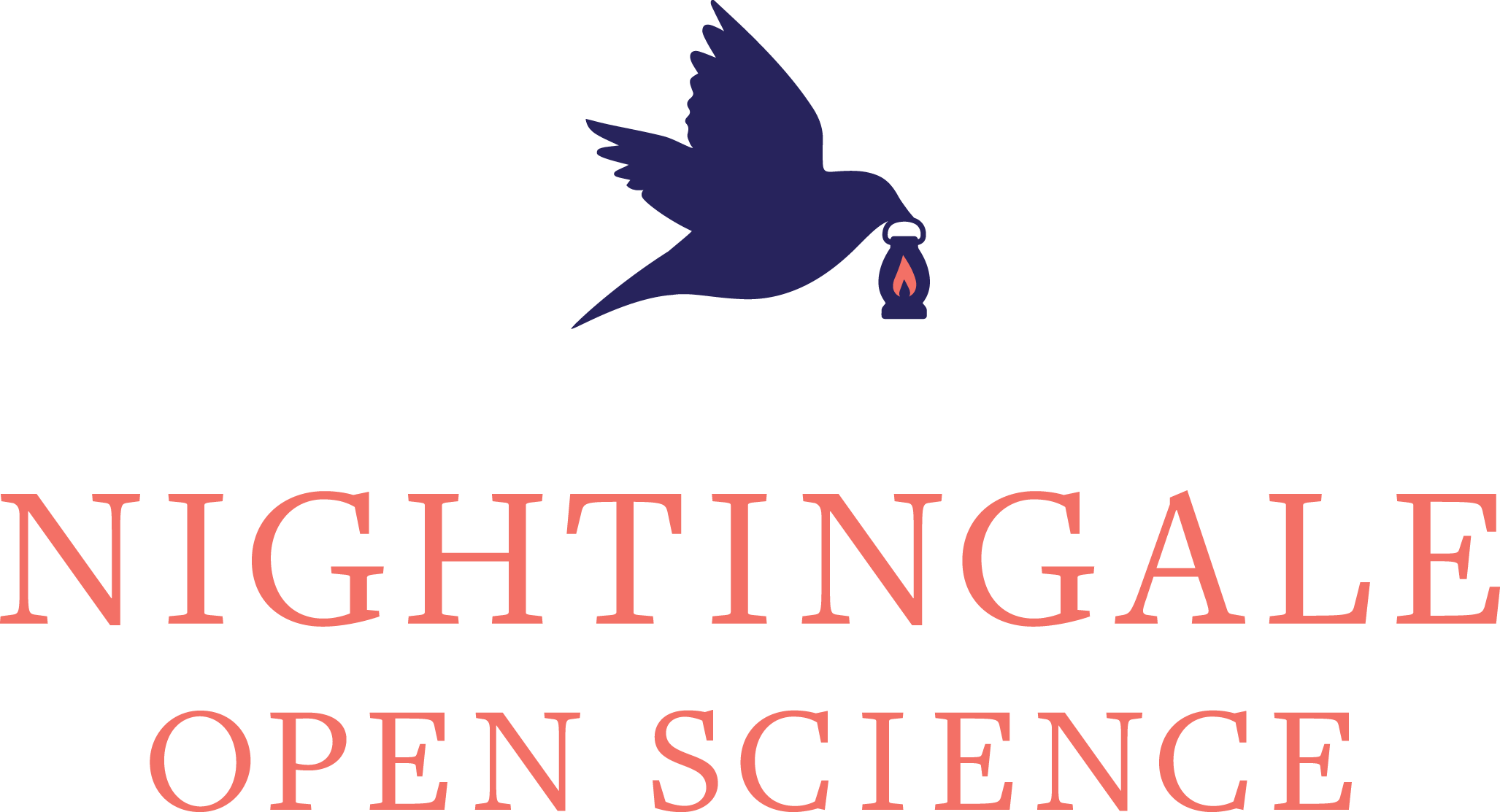
Learn more about Nightingale DATA
Thank you! Your submission has been received!
Oops! Something went wrong while submitting the form.
On June 30, 2025 we will retire the Nightingale cloud platform in favor of more accessible user terms that allow researchers to use Nightingale data inside their institution.
With the introduction of the Nightingale Network, which lets research institutions bring Nightingale data into their local environment, we are making some changes to our cloud services.
Researchers at UC Berkeley will be able to use Nightingale data within Berkeley's secure computing facilities
Congratulations to the winners of the 2024 Detecting Active Tuberculosis Bacilli Data Challenge. The goal of this challenge is to detect the presence of TB bacilli (Mycobacterium tuberculosis) from digitized images of sputum smear slides. The winning solutions are published as open source by their authors to promote collaborative and repeatable research.
More than 10 million people fall ill with active tuberculosis (TB) each year and more than 1.5 million die due to the disease every year despite it being a preventable, treatable, and curable disease. Microscopic examination of the sputum smear for acid-fast bacilli is a common test for the diagnosis of tuberculosis, especially in resource-constrained areas. However, there is limited availability of trained microbiologists to interpret the slide images at scale in various parts of the world. So, Nightingale has partnered with Wellgen Medical to host a machine learning challenge for the creation of new algorithms to detect the presence of TB bacilli (Mycobacterium tuberculosis) from sputum smear slides. Join the challenge to support the fight against tuberculosis.
More than 10 million people fall ill with active tuberculosis every year, and more than 1.5 million die. Nearly 4 million new tuberculosis patients went undiagnosed in 2021 due both to resource constraints and public health disruptions caused by the COVID-19 pandemic. WellGen Medical and Nightingale partner to publish an open data set of tuberculosis microscopy slides to enable ML researchers to create AI algorithms for automated detection of tuberculosis.
We are pleased to announce the results of the 2023 Health Equity Data Challenge Presented by NIH AIM-AHEAD Data Science Training Core and Nightingale Open Science. The objective of the challenge was to predict the breast cancer stage from the biopsy slide images. The following teams win the top 3 places and prizes. They are also invited to present at the NIH AIM-AHEAD meeting in Bethesda, MD from August 1 to 3, 2023.
We are pleased to announce the AIM-AHEAD 2023 Health Equity Data Challenge, a partnership between Nightingale Open Science and the Data Science Training Core of AIM-AHEAD, the National Institutes of Health’s Artificial Intelligence/Machine Learning Consortium to Advance Health Equity and Researcher Diversity (AIM-AHEAD). This challenge is open from May 22 to June 23, 2023. NIH AIM-AHEAD eligibility criteria apply, and underrepresented minority researchers are strongly encouraged to participate.
Nightingale, AHLI and Providence hosted the second High Risk Breast Cancer Prediction Contest that ended in May 2023 with support from the Gordon and Betty Moore Foundation. The objective was to identify cancer stage from biopsy images using machine learning on a balanced subset of patients' race, ethicity and cancer stages, to help identify features indicating whether a cancer is likely to metastasize or not. We are pleased to announce the contest winners - Team csabAIbio (winner) and Bonaventure Dossou (second place). The teams are awarded $5,000 in cash prizes. Congratulations to the winners and all 30 participating teams!
If you initially bristle at the idea of using a remote research environment, that’s understandable. After all, you might be someone who has access to all the computing power you could ever want. But you probably don’t have hundreds of terabytes of excess storage capacity right now, and you probably have better ways to spend your research time than begging for data that no one but you will ever get to use. Nightingale offers a trade-off.
Nightingale, Association for Health Learning & Inference (AHLI) and Providence St. Joseph Health are pleased to announce the second High Risk Breast Cancer Prediction Contest, ending May 3, 2023. In addition to cash prizes worth $10,000, the winners will be invited to present at the ML4H conference in December 2023, co-located with NeurIPS in New Orleans. All participants will receive free compute credits. Join the contest today!
Nightingale, AHLI and Providence hosted a High Risk Breast Cancer Prediction Contest 1 that ended in January, 2023. The objective was to identify cancer stage from biopsy images using machine learning, to help identify features indicating whether a cancer is likely to metastasize or not. We are pleased to announce the contest winners - Team csabAIbio (winner), Bonaventure Dossou (second place) and Team PKU-Edinburgh (third place). The teams are awarded $10,000 in cash prizes. Congratulations to the winners and all 42 participating teams!
Reducing health disparities using artificial intelligence is a key focus area for Nightingale. In a 2021 study published in Nature, Dr. Emma Pierson (Cornell), along with Nightingale co-founders Dr. Sendhil Mullainathan (UChicago) and Dr. Ziad Obermeyer (UC Berkeley) and others demonstrated that applying artificial intelligence to knee X-ray images can identify new features within the knee joint that explain racial disparities in knee pain among patients. Nightingale has received a grant from Lacuna Fund to support the aggregation, deidentification, and publication of a larger data set will include the knee X-rays, demographics, and clinical outcomes of tens of thousands of patients from a leading academic hospital in the US.
Nightingale Open Science was launched at NeurIPS 2021 on December 14, 2021. Read about the Nightingale workshop at NeurIPS. Learn how researchers and data contributors can join hands with us to democratize medical data for research.